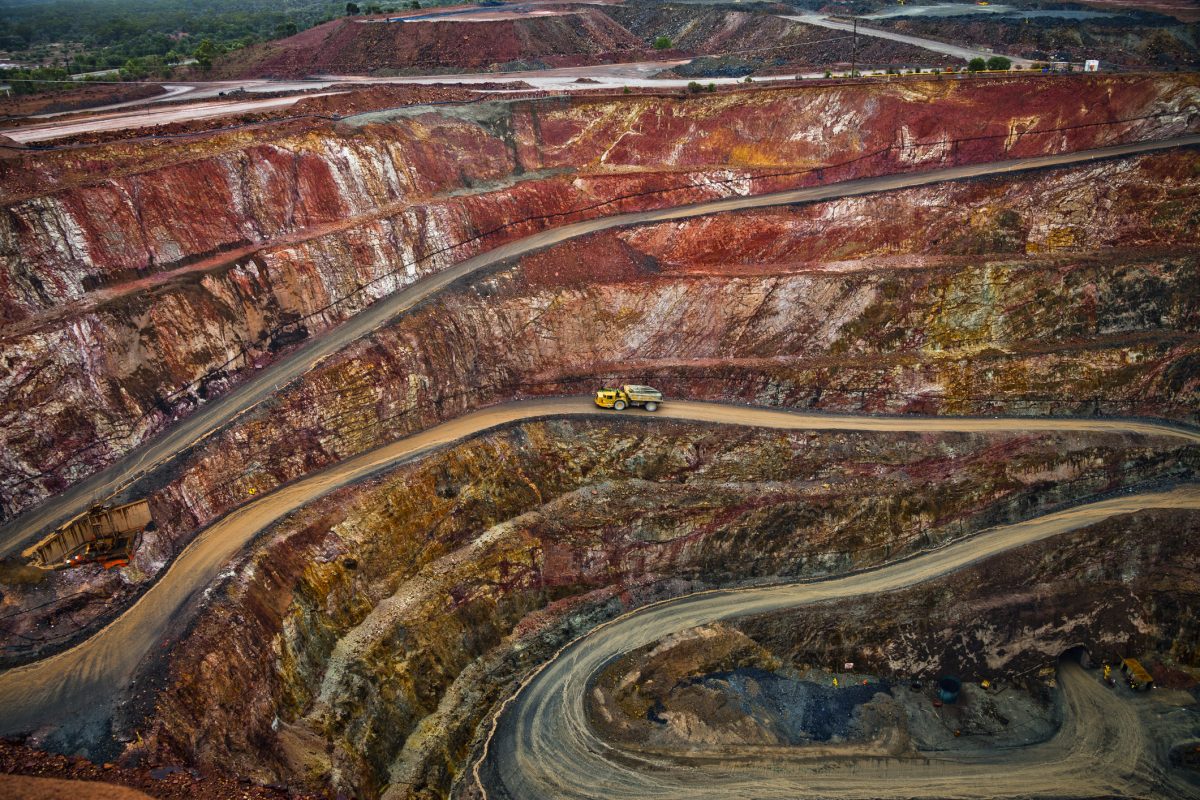Revision of the emissions directive for industry planned; mining part of regulation for the first time.
The mining industry and battery production in Europe may soon be subject to stricter environmental regulations. As the European Council and the EU Parliament announced this week, both industries will fall under Directive 2010/75/EU on industrial emissions (IED) in the future if both bodies formally adopt the provisional agreement. Specifically, this is likely to affect the extraction and processing of iron, copper, gold, nickel, and platinum, among others, according to a press release from the EU Council. The scope could be extended to industrial minerals such as graphite, salt, or sulfur.
The IED came into force at the beginning of 2011 and was gradually transposed into the national law of the EU member states. The planned revision would oblige operators of industrial facilities to “set the strictest achievable emissions levels” but also to “focus more on energy, water, and material efficiency and reuse in addition to fostering the use of safer, less toxic or non-toxic chemicals in industrial processes, through emission or environmental performance targets.” If the regulations are not complied with, sanctions amounting to at least three percent of annual turnover in the EU must be expected in the event of serious violations, the press release states further.
The concrete effects on the mining industry remain to be seen, as strict conditions already apply in the international community, and projects here are considered more expensive in international comparison. However, this once again highlights the tensions in the sector. Raw materials such as platinum and copper are essential for the energy transition, while at the same time, the impact of their extraction must be reduced.
Photo: iStock/jasonbennee


